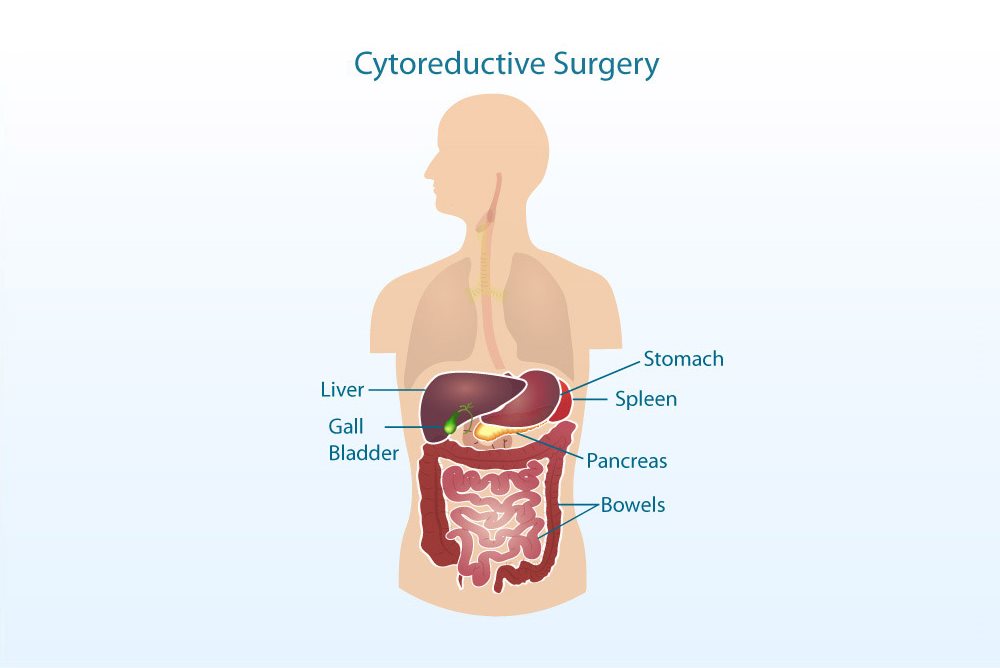Yes, colorectal cancer can have a hereditary component. Colorectal cancer can be influenced by both genetic and environmental factors. While the majority of cases are sporadic, meaning they occur without a strong family history, about 5-10% of colorectal cancer cases are linked to inherited genetic mutations.
There are several hereditary syndromes that can increase the risk of developing colorectal cancer:
1. Lynch Syndrome (Hereditary Nonpolyposis Colorectal Cancer or HNPCC):
Lynch syndrome is the most common inherited cause of colorectal cancer. It is caused by mutations in certain genes that are responsible for DNA repair. People with Lynch syndrome have a significantly higher risk of developing colorectal cancer, as well as other types of cancer such as endometrial, ovarian, and stomach cancers.
2. Familial Adenomatous Polyposis (FAP):
FAP is characterized by the development of hundreds to thousands of polyps in the colon and rectum. If left untreated, these polyps can turn into cancer. FAP is caused by mutations in the APC gene. Individuals with FAP usually develop colorectal cancer at a younger age.
3. MYH-Associated Polyposis (MAP):
MAP is caused by mutations in the MYH gene. Similar to FAP, it leads to the development of multiple polyps in the colon and an increased risk of colorectal cancer.
4. Peutz-Jeghers Syndrome:
This syndrome is characterized by the development of polyps in the digestive tract and pigmented spots on the skin and mucous membranes. People with this syndrome have an increased risk of various cancers, including colorectal cancer.
5. Juvenile Polyposis Syndrome:
This rare syndrome causes the development of polyps in the digestive tract during childhood. While the risk of colorectal cancer is increased, it also elevates the risk of other types of cancer.
6. Other Syndromes:
There are several other rare hereditary syndromes that can increase the risk of colorectal cancer, such as MUTYH-associated polyposis (MAP), Cowden syndrome, and Gardner syndrome.
It’s important to note that having a family history of colorectal cancer doesn’t necessarily mean you will develop the disease, but it does increase your risk. If you have a family history of colorectal cancer or suspect a hereditary syndrome, it’s advisable to consult a genetic counselor and discuss appropriate screening and prevention strategies. Regular screenings and early detection are crucial in managing the risk associated with hereditary forms of colorectal cancer.
For more information, Consult Dr. Chintamani Godbole as he provides the Best Colorectal Surgeon in Mumbai
#drchintamanigodbole #colorectal surgeon in Mumbai. # Colon cancer treatment in Mumbai



